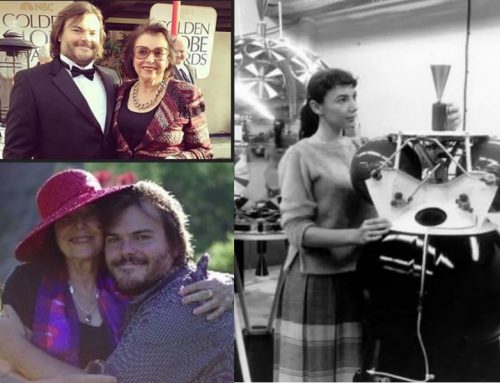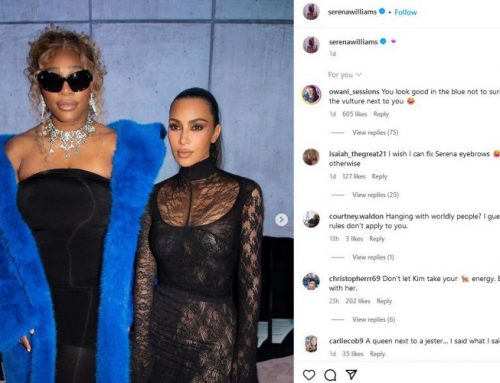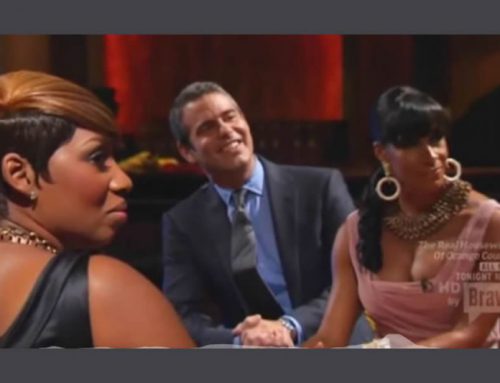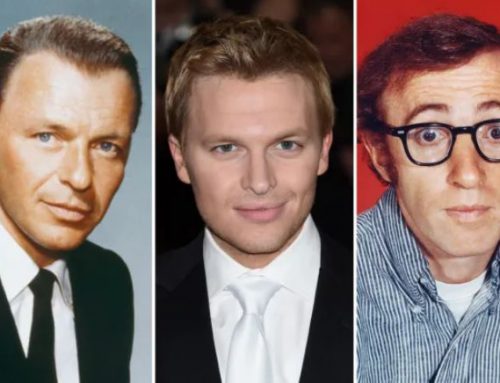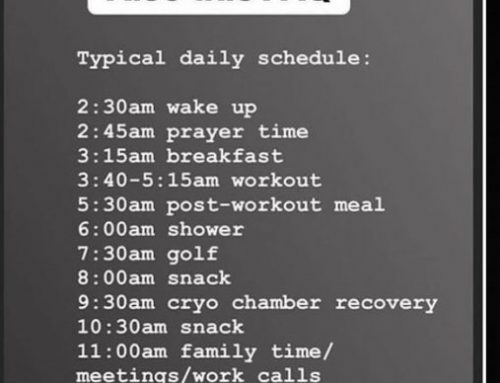Reader Blind
Two Permanent A+ list athletes, one a superstar, the other a jack of all trades. Decades ago, they were good friends.
That friendship was permanently ended when the jack of all trades lost the ability to trust the superstar.
The jack of all trades wanted to form a player’s union and the superstar reported his friend to the sport’s owner. Later on, during a legal battle with said owner, the jack of all trades would discover that, at a particularly well-attended event, the superstar was getting paid more than all of the other athletes in the event combined, and almost certainly would have his financial value reduced by a union.
Superstar: Michael Jordan
Jack of all trades: Bo Jackson
Twenty years ago, strike changed baseball
It abruptly ended Michael Jordan’s baseball career. It killed the Montreal Expos franchise. It stopped Tony Gwynn’s march toward baseball immortality.
It was the 1994 Major League Baseball strike.
Twenty years ago today, baseball came to a screeching halt and didn’t return for 232 days. The strike canceled the rest of the 1994 season and, for the first time since 1904, even the World Series.
It forever changed the course of history.
“I never felt the same way about baseball again after that,” Dave Stewart, a four-time 20-game winner and then pitching for the Toronto Blue Jays, says. “Even today, after all of my years in baseball, the passion I have for the game has never been the same. All because of that strike.
“It was one of the most embarrassing moments that’s ever happened to Major League Baseball. I wish I had never come back.”
Stewart stayed around for another three months once baseball returned in April 1995, back with the team for which he had his best years, the Oakland Athletics. He then retired after 19 seasons, becoming an assistant general manager, a pitching coach and now an agent.
Yet for so many others, from Hall of Famer Goose Gossage to Bo Jackson to Sid Bream to Lloyd McClendon, they never would play another major league game.
“The strike got me,” Gossage said. “It got a bunch of us. We faded in, and we faded out.
“I never did announce my retirement. Even today, 20 years later, I still haven’t announced my retirement.
“You don’t leave the game. The game leaves you.”
Gossage and former pitcher Charlie Hough are the only players in baseball history who endured all eight work stoppages, while many of today’s greatest stars, such as New York Yankees shortstop Derek Jeter, never have lived through one.
“Most of these guys in the big leagues today,” Gossage says, “they don’t have any freakin’ clue on how they’re being paid all of this money. Not one clue. They have no idea the blood, sweat and tears we went through.”
Gossage’s Hall of Fame career began with a strike as a rookie in 1972 with the Chicago White Sox and ended with the 1994 strike with the Seattle Mariners, with six work stoppages in between.
“They were all ugly,” Gossage says. “The owners always tried to stick it to us, but we weren’t going to let them break that union. We didn’t have the money like the guys today. When I made the White Sox as a rookie, I was literally broke.
“I remember getting to Chicago, opening day was the next day, and we went on strike. I was just a kid. I didn’t have a credit card. I had no place to stay. No money for a hotel room. I remember going to Joe Pepitone’s bar. He bought me some beers, and I wandered the street all night. That’s what it was like back in those days.”
By the time 1995 rolled around, the strike gave players an option most never had considered: early retirement.
“They should never, ever let a baseball player have the summer off,” says Dave Henderson, the Boston Red Sox’s 1986 playoff hero. “As a baseball player, (1994) was my first summer off. Ever. And I liked it. Once I got introduced to the thing they call Labor Day and had a family barbecue and everything, I said, ‘Hell with it, I’m not going back.’ – Source
Read more on these Tags: Bo Jackson, Michael Jordan


